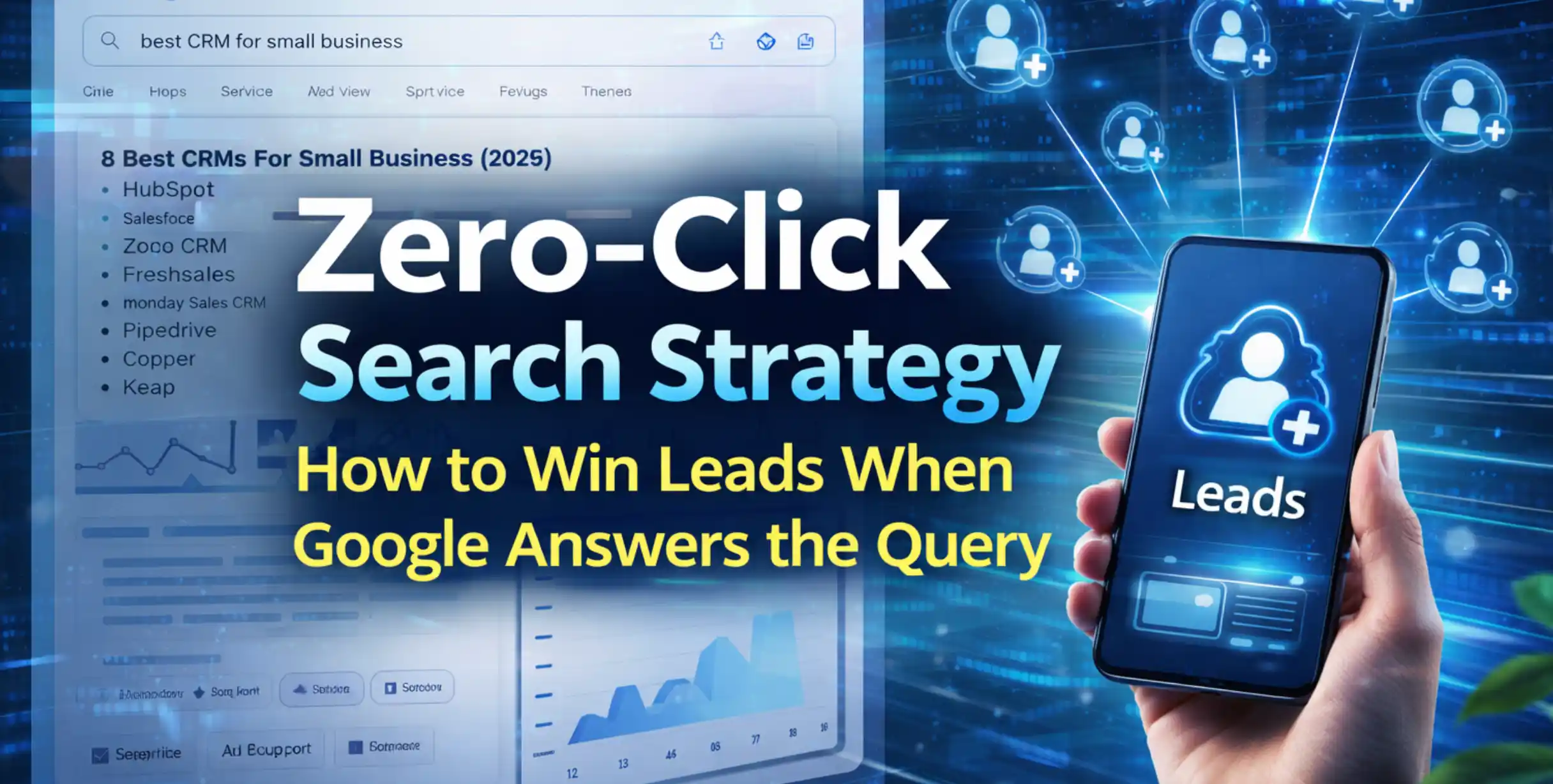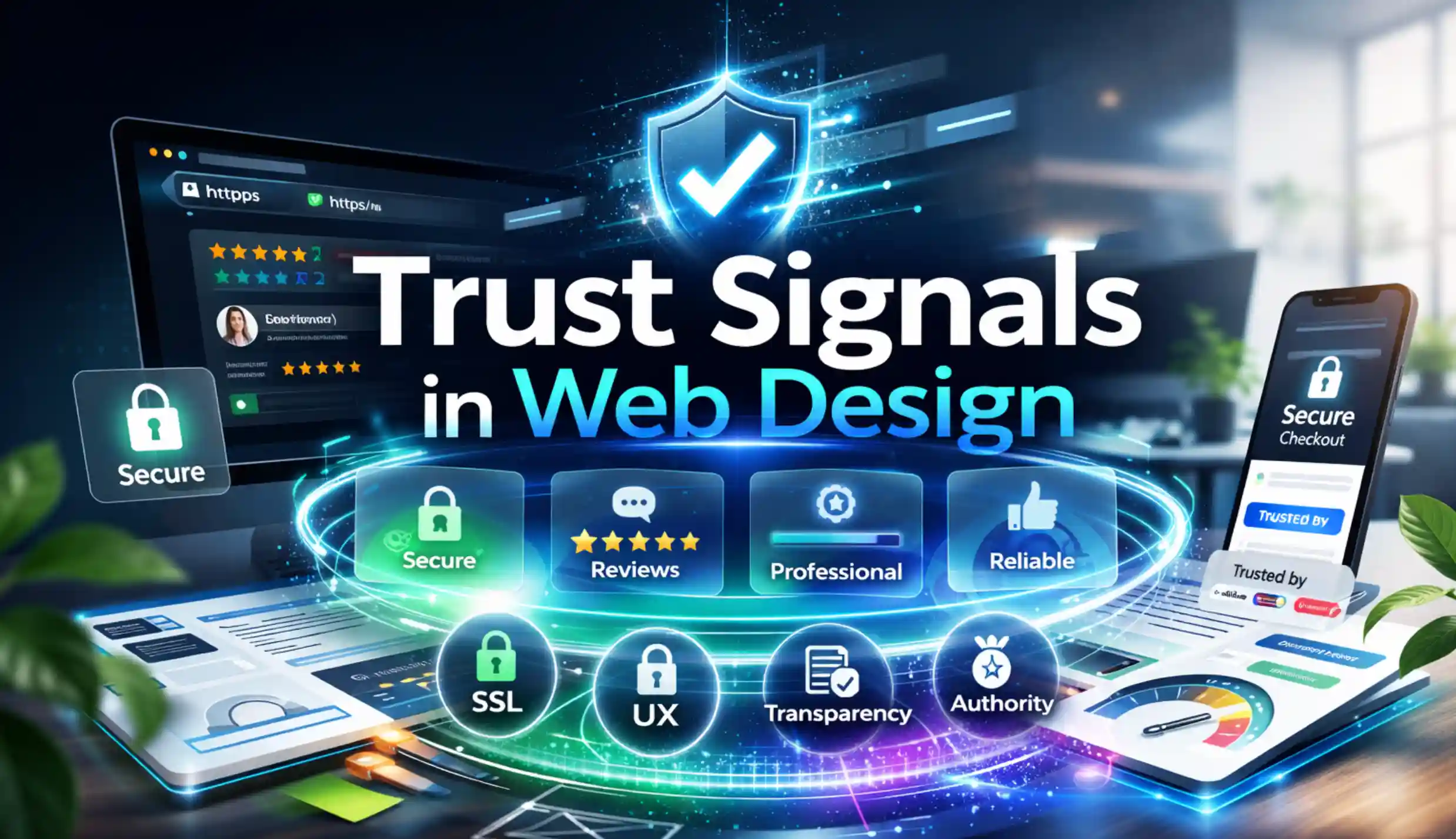Why AI-Enhanced Software Development Is the Next Competitive Advantage
Updated on
Published on
The software development landscape is undergoing a transformation. As businesses rely more on digital to drive growth and innovation, the integration of artificial intelligence into development process has become a key differentiator. Companies that adopt AI-enhanced development methodologies are not just getting more efficient – they’re fundamentally changing how software is designed, built and deployed.
The traditional approach to software development, while effective, often faces bottlenecks in code generation, testing, debugging, and optimization. AI is addressing these challenges head-on by automating routine tasks, predicting potential issues before they occur, and enabling developers to focus on higher-level strategic thinking. This transformation is changing how businesses approach development partnerships, with many choosing to hire React Native app development agency services that already integrate AI tools for streamlined mobile application creation and deployment automation.

The State of AI in Development
Modern AI-powered development tools are much more advanced than code completion utilities. Machine learning algorithms are now helping with requirement analysis, automatically generating test cases, identifying security vulnerabilities and even suggesting architectural improvements. These capabilities are turning development teams from reactive problem solvers into proactive innovators.
Forward thinking companies like SpdLoad are already using AI to optimize F and deliver software that adapts to real world user behavior. By integrating AI throughout their development pipeline these companies are getting faster time-to-market, lower bug rates and better user experiences that would have been impossible with traditional methodologies alone.
Tangible Benefits Driving Adoption
The benefits of AI-enhanced software development go beyond theoretical improvements. Development teams are reporting significant reduction in debugging time with AI tools able to identify and suggest fixes for complex issues in minutes not hours. Code quality has improved dramatically through automated review processes that catch issues before they hit production environments.
Resource allocation is more strategic as AI handles routine coding tasks, allowing human developers to focus on creative problem solving and feature development. This has led to more enjoyable work environments and higher job satisfaction among developers while accelerating project delivery timelines.

Real-World Examples
One example of AI in software development in action is SpdLoad, a product development company that built a high-load AI-powered auto-bidding platform for digital advertisers. Their solution processed massive amounts of data in real time and improved campaign efficiency through smart algorithmic bidding. This is how AI can deliver.
This is not about writing code faster - it’s about creating intelligent systems that can learn, adapt and optimize themselves based on real world usage patterns and data.
The Bottom Line
Companies that delay AI adoption in their development process will fall behind competitors who are already reaping the benefits of increased productivity and innovation. The competitive edge comes not just from faster development but from creating more intelligent software that serves the end-user.
AI in software development is not about writing code – it’s about creating intelligent systems that can learn, adapt and optimize themselves based on real world usage patterns and data.
Looking Ahead
The future of software development is the seamless integration of human creativity with AI capabilities. As these technologies advance we will see even more advanced tools that will further blur the lines between human and machine contribution to software creation.
Companies that start integrating AI into their development process today will be better positioned to take advantage of emerging opportunities and navigate the complex technological landscape. The question is not if to adopt AI-enhanced development practices but how fast can organizations implement these transformational tools to stay ahead in the digital game.









